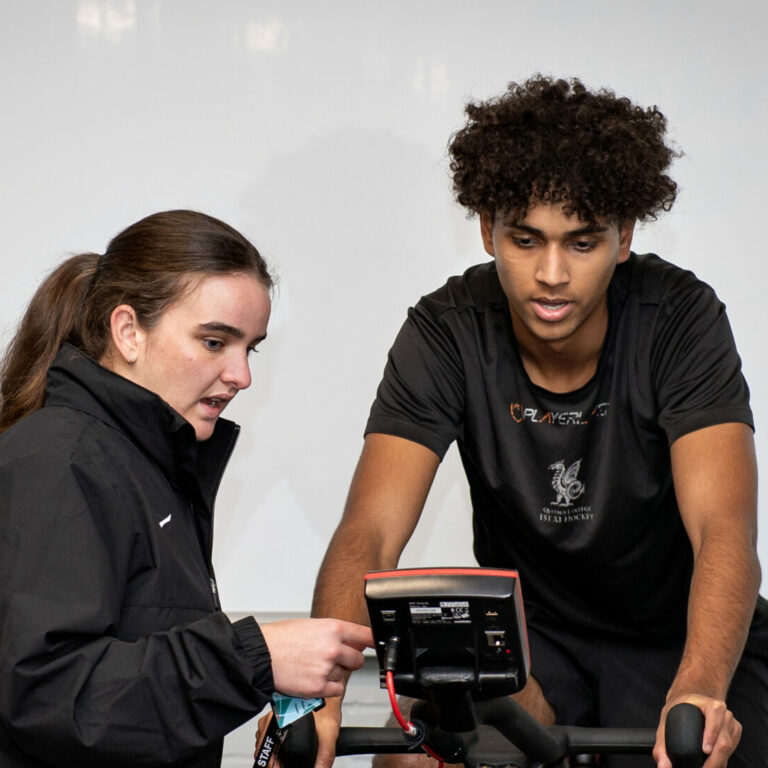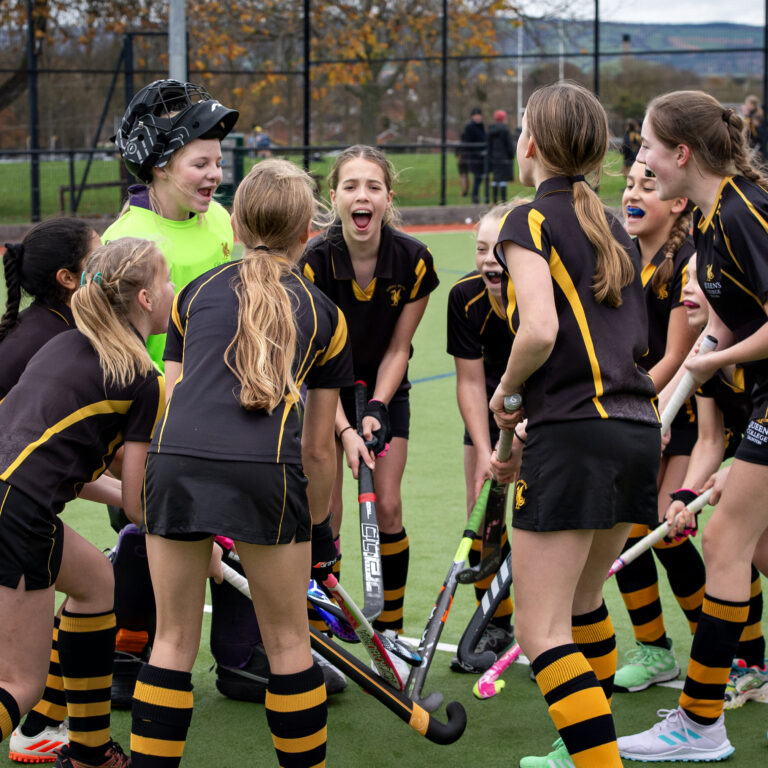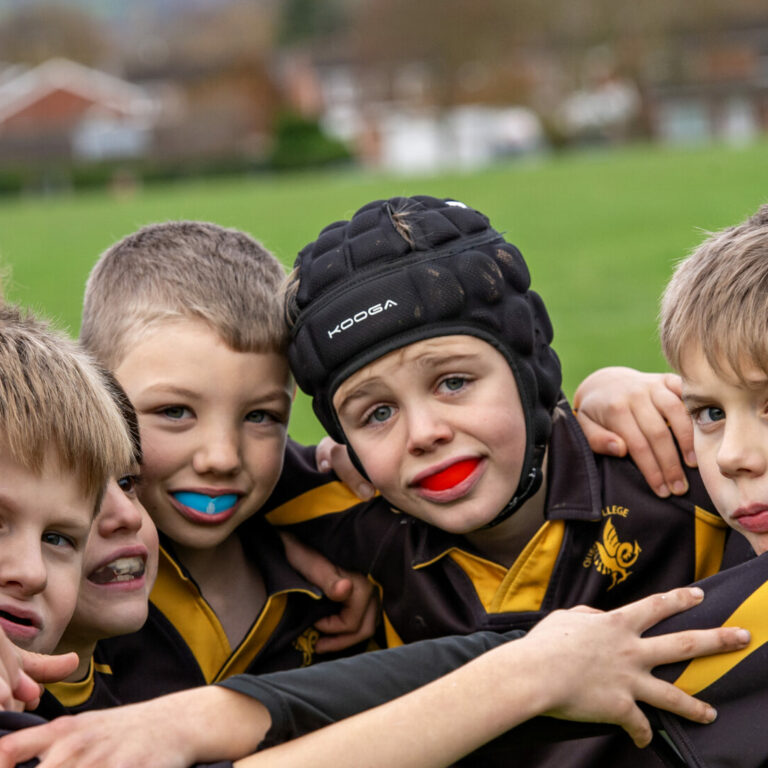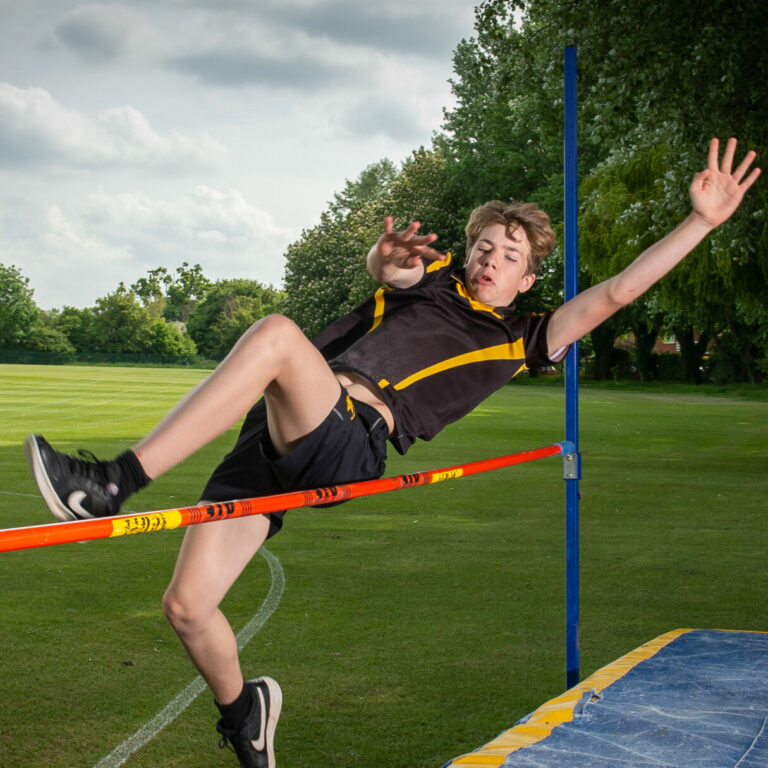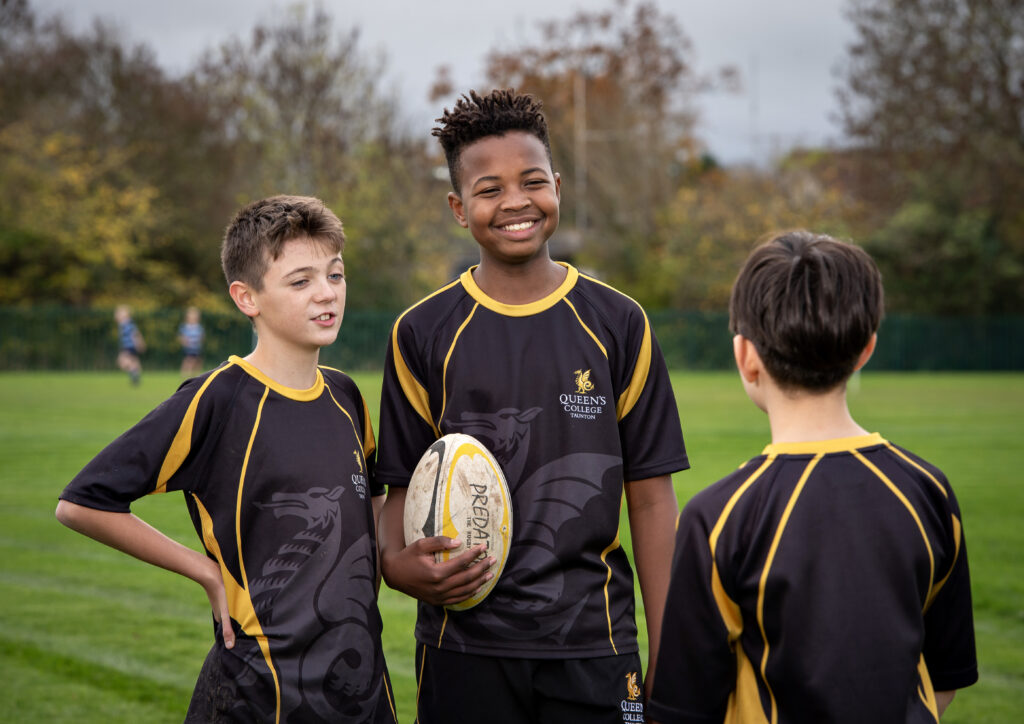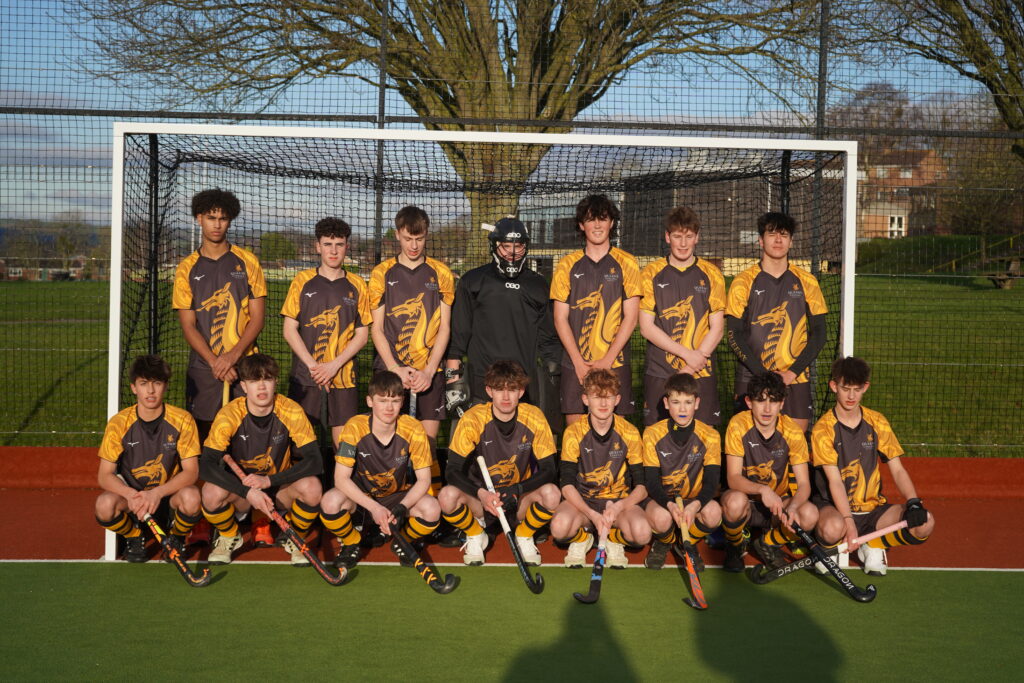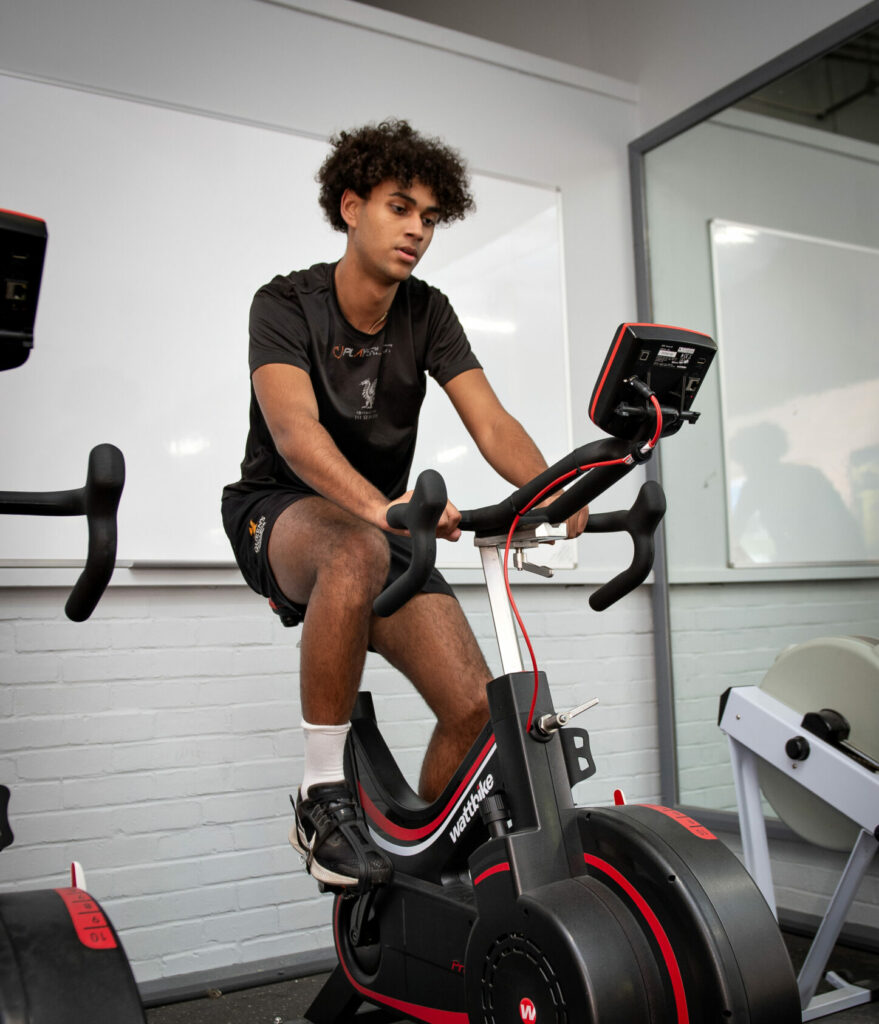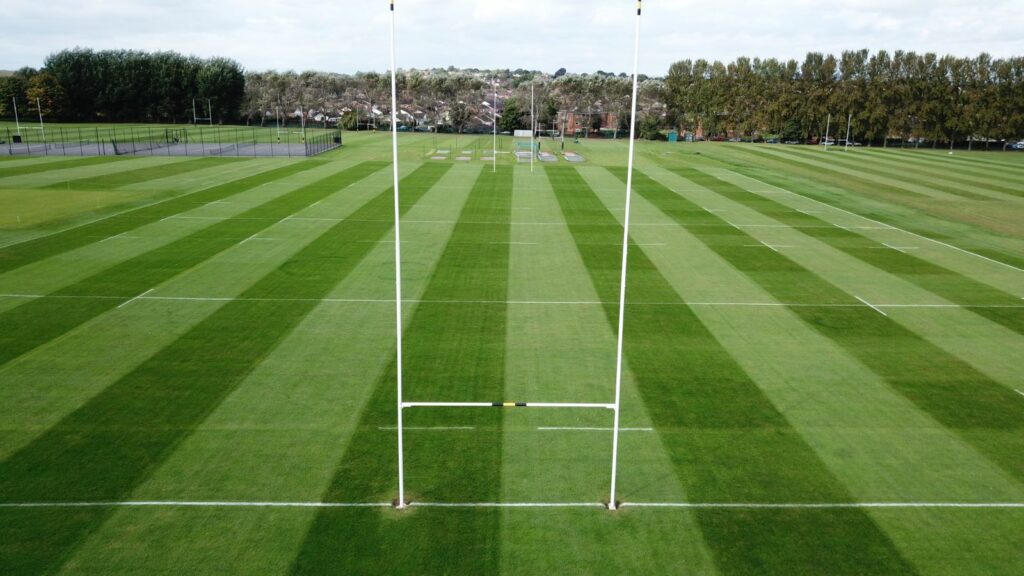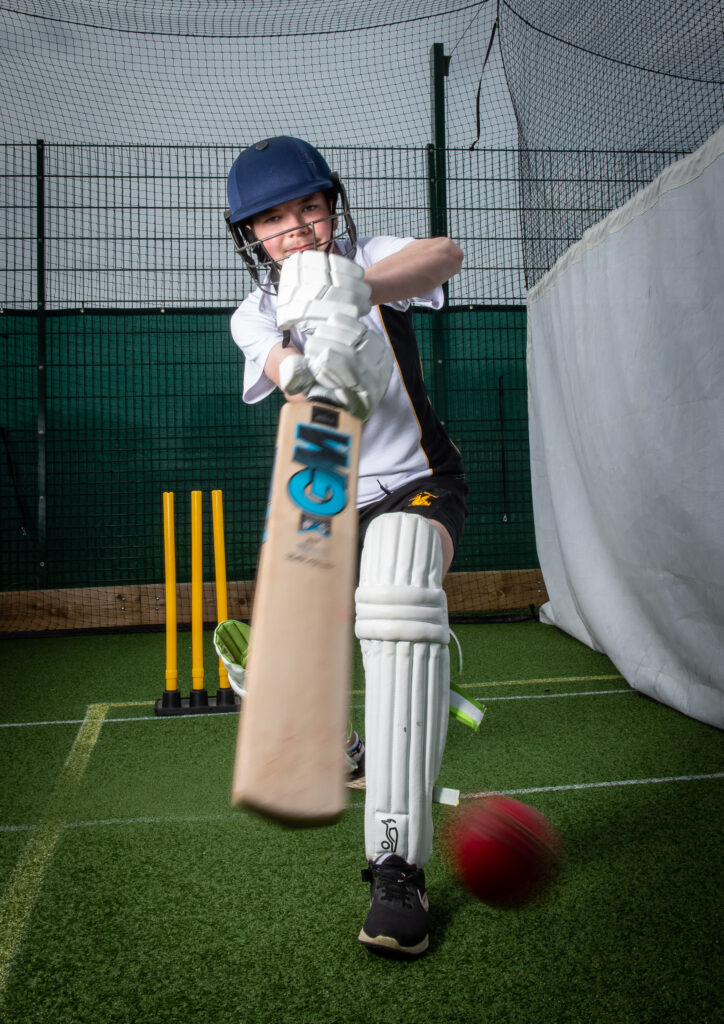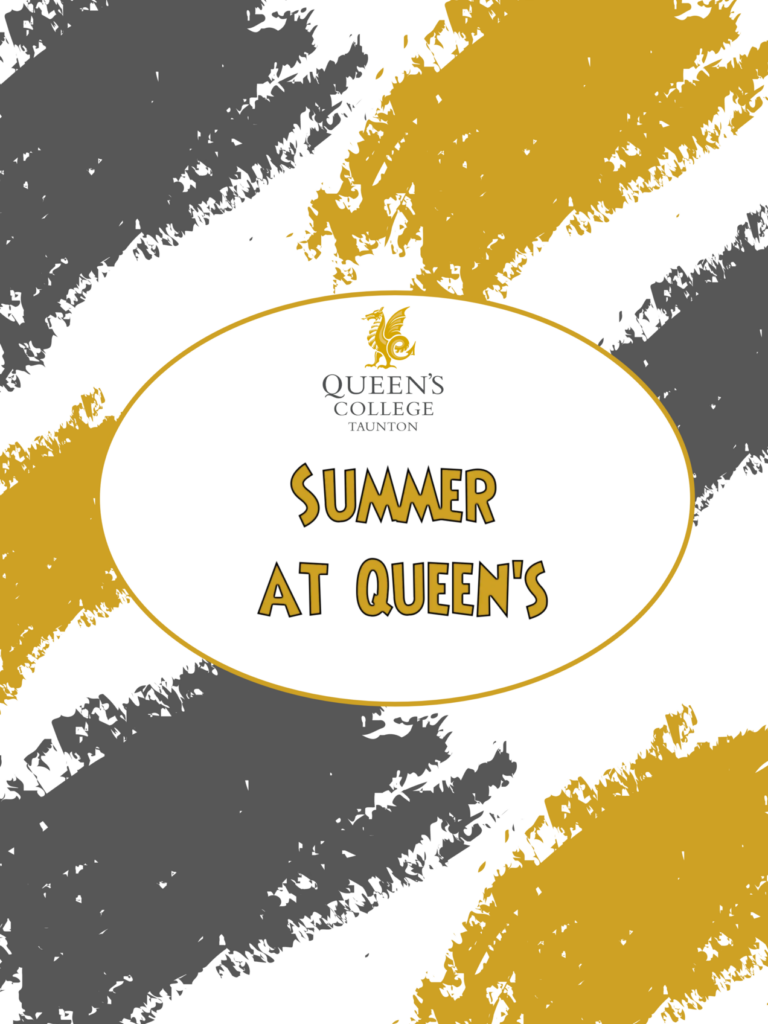Students are given the option to study the AQA physical education course at GCSE.
Why study PE?
A GCSE in Physical Education is a great place to start your journey into finding out more about the many factors that impact upon our performance; be it our anatomy and physiology, our individual psychology, how we are taught or how the world around us plays a part in sport as a whole.
It is a great foundation for moving on to an A level in PE or a BTEC in Sport. It is also suited to other subjects such as Biology, Psychology, Business and Geography.
Career possibilities include Physiotherapist,, PE Teacher or Coach, Fitness Instructor, Sport Psychologist, Doctor, Leisure Centre Manager, Performance Analyst etc.
Course information and assessment
The course is both theoretically (60%) and practically (40%) assessed.
The theory content is assessed by two 1 hour 15 minute papers worth 78 marks.
Paper one: ‘The human body and movement in physical activity and sport’
- Applied Anatomy and Physiology,
- Movement Analysis,
- Physical Training
- Use of Data.
Paper two: ‘Socio-cultural influences and well-being in physical activity and sport’
- Sport Psychology,
- Social-cultural Influences,
- Health, Fitness and Wellbeing
- Use of Data.
Both papers have a mixture of multiple choice, short and long answer questions. Paper one is taught in the first year of the GCSE, paper two in the second year. Both are examined at the end of year 11.
The practical assessment comes under the Non-Exam Assessment, which combines performance in three different sports with a written assignment on the analysis and evaluation of the student’s own performance in their specialist sport. Students must be able to perform competently in a team and individual sport, and in at least one other of either grouping. It is recommended that they should be representing Queen’s College in at least one sport.
Students will have five lessons over the two week timetable, with three in the classroom for the theory and two with a practical focus. Lessons aim to deliver the content and allow students to apply their knowledge to sporting situations; preparing them fully for the assessments.
Practical lessons provide students with opportunities to progress further in their specialist sports, whilst also introducing newer sports and tactical concepts to allow for transfer of learning across activities, and a deeper understanding of a breadth of sports which can be used in the examinations.
Further details of the GCSE content and assessed sports can be found here.





